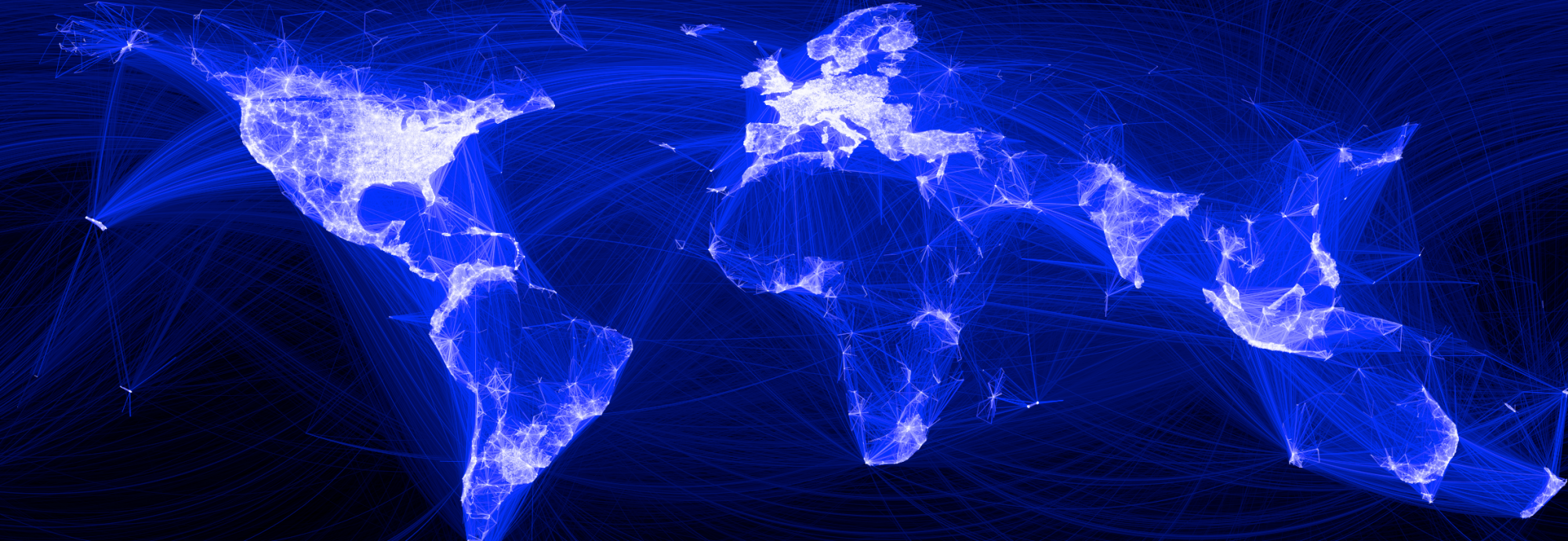In a Washington Post blog post, “No, the Trans-Pacific Partnership isn’t ‘extreme Internet censorship’”, the author questions the efficacy of the reaction of Fight for the Future, an organization that was at the forefront of the campaign against the Stop Online Piracy Act (SOPA), to the version of the TPP and negotiating positions leaked by Wikileaks. The organization characterized the TPP as an “extreme internet censorship plan”, calling for action against the treaty. As the post notes, this kind of reaction precludes a more measured analysis of the actual potential problems with the TPP, such as the expansion of US copyright law abroad.
I believe that this sort of reaction is also illustrative of the myopia sometimes displayed by organizations aiming to protect Internet freedom. Most such organizations originate in the United States, and are primarily concerned with US policy initiatives at the expense of seeing a broader picture. It is not enough to simply demand that the US change its conduct in international treaty negotiations, since no one familiar with the potential trade benefits to the US in the TPP would believe that they would be willing to adjust their position on the ground of how the intellectual property provisions contained within the treaty would affect the Internet. It would be better for organizations like Fight for the Future to engage in a more strategic activism that recognizes the global context of the Internet in the modern day, and the real potential affects that international agreements could have on the Internet. Treaty negotiations are not subject to the same mechanisms of political pressure as domestic policy, and drawing upon “Internet freedom” rhetoric will be less effective in an international context where the idea of Internet freedom is less entrenched than it is in the US.
On one hand, the Internet is drawing some new participants into politics and policy debates as online enthusiasts seek to protect the ‘way of life’ they have built themselves, based on a free and open Internet. The mobilization to stop SOPA is a prime example of the power of this kind of politics and of this particular organized interest group. However, I wish that political mobilization on the Internet could go farther than defending its own turf, and become a real force in political issues other than copyright and piracy restrictions.
